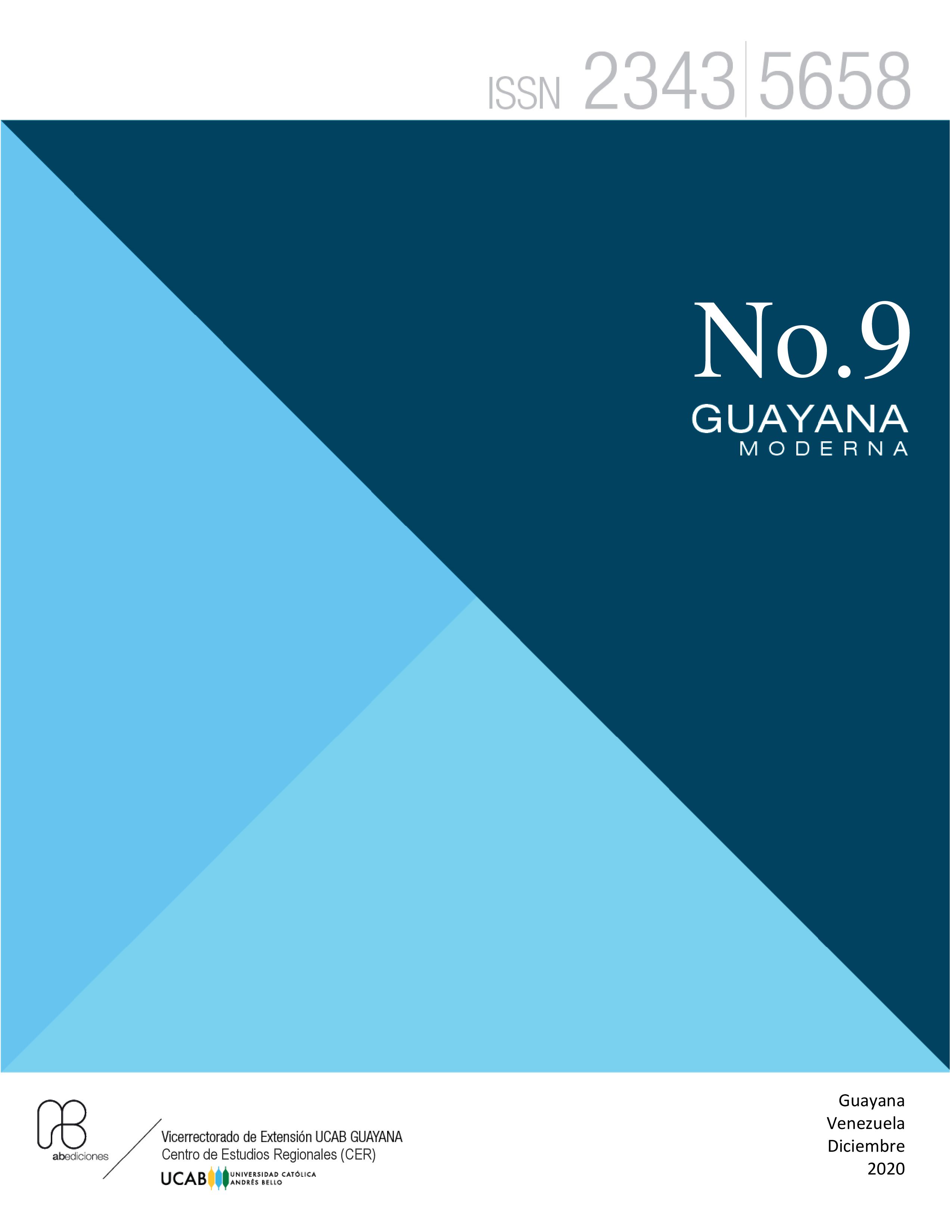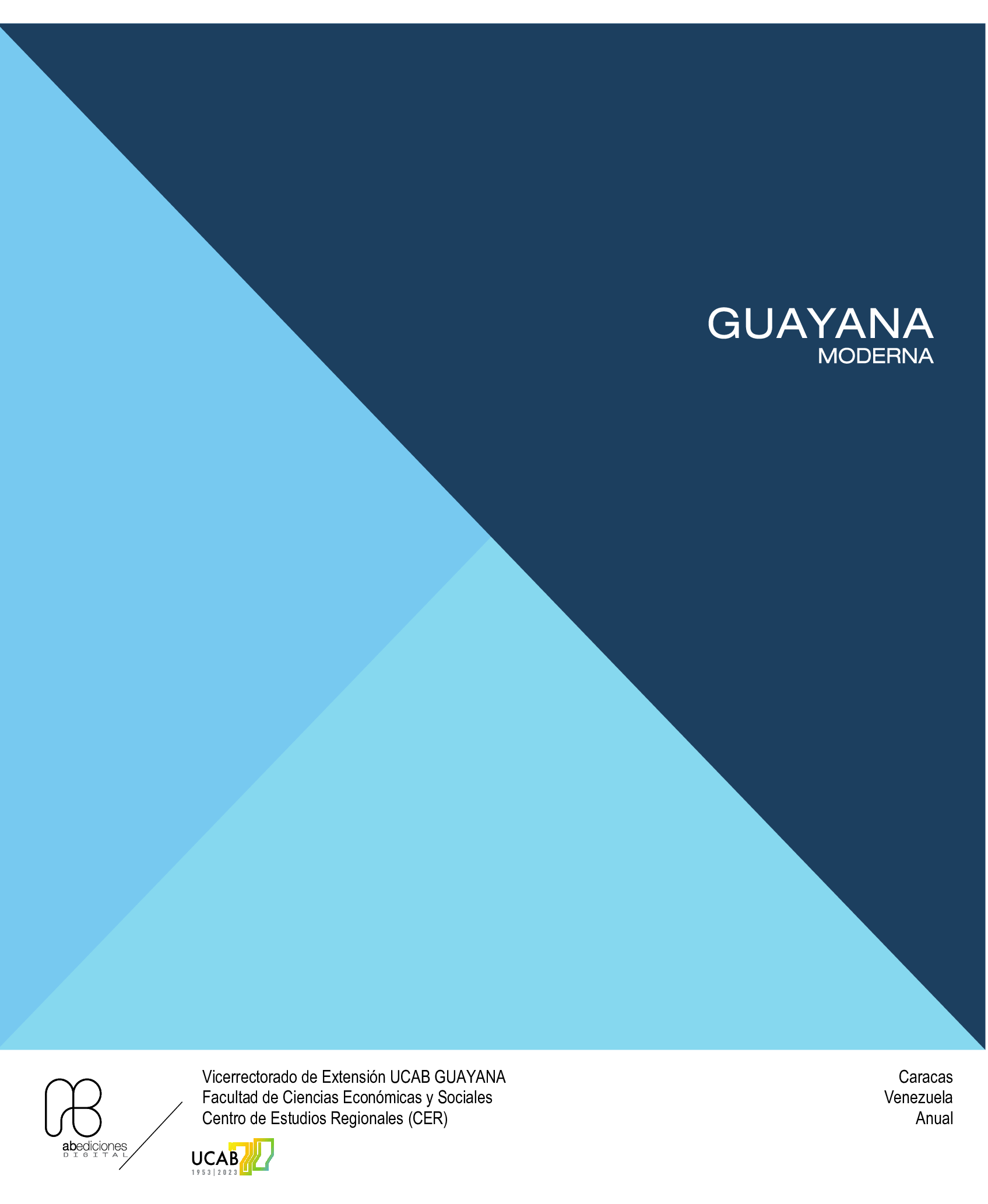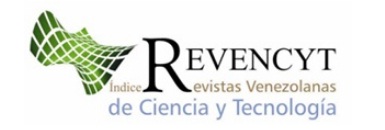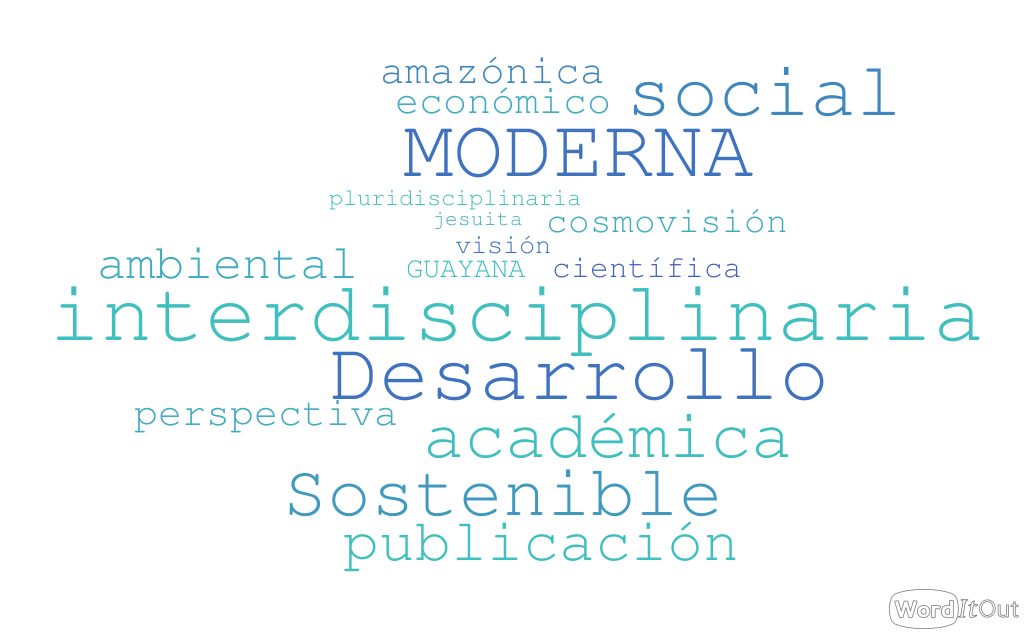Professional Ethics in Engineering: Educational Proposals Oriented to Sustainable Development
DOI:
https://doi.org/10.1234/gm.v9i9.5422Abstract
This work has two parts: to explain the relevance of use of Education for Sustainable Development (ESD) in university courses, and to analyze one application in the Professional Ethics curricular unit of the Faculty of Engineering of Andrés Bello Catholic University(UCAB). This course belongs to the ninth or tenth semester of the engineering degree curriculum, and has been defined as a common subject since, in each virtual classroom, share students from the four schools: Civil Industrial, Informatics and Telecommunications, and from the two venues: Caracas and Guayana. The study of the relevance of to implement ESD was based on a documentary search, while the application was carried out through the final work of Professional Ethics in which the students, organized in teams of two or three members, proposed actions for the Venezuela 2030 of in accordance with sustainable development goals, specifically ODS N ° 4 (quality education) assigned by the teacher. The educational proposals were relevant and underwent an analytical study that produced four categories: (i) teaching and learning, (ii) development, (iii) management, and (iv) public policies. Likewise, the students discussed about ethical principles related to this assignment, according to the course program.
Keywords: relevance, education for sustainable development (ESD), Professional Ethics,
Sustainable development goals (ODS), educational projects.








